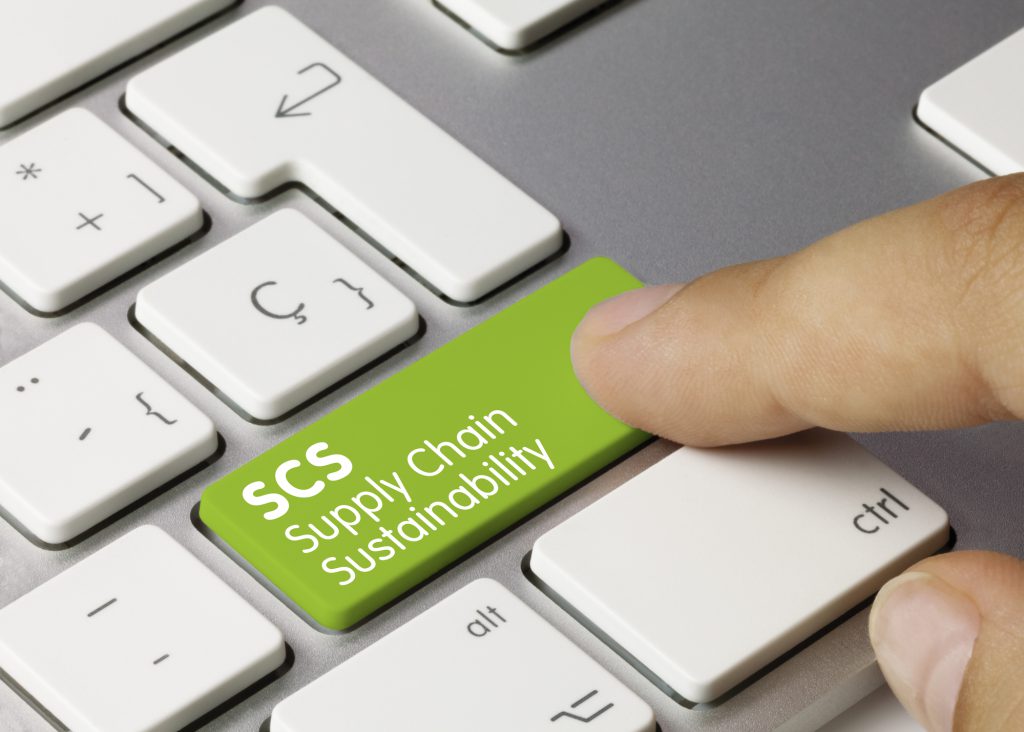Create more resilient, responsible, and prosperous futures for your business and for the planet with circular supply chains!
Closing the Loop
The core principle of a circular supply chain is to close the loop by promoting reuse, refurbishment, and recycling of products and materials. This shift away from the wasteful linear model reduces reliance on raw materials, conserves energy, and minimizes waste generation, leading to a more sustainable and efficient system.
Resilience and Risk Mitigation
Circular supply chains offer businesses enhanced resilience in the face of supply chain disruptions and resource scarcity. By diversifying sources of raw materials and embracing closed-loop practices, businesses can reduce their vulnerability to external shocks, safeguarding their operations in an unpredictable world.
Economic Benefits
Contrary to common misconceptions, adopting circular supply chains can be economically advantageous. Companies can unlock new revenue streams by offering repair services, refurbishing products, and engaging in circular business models. Additionally, optimizing resource use lowers operational costs in the long run.
Enhancing Brand Reputation
Consumers are becoming increasingly environmentally conscious, and they are more likely to support brands that demonstrate a commitment to sustainability. Embracing circular supply chains can significantly enhance a company’s brand reputation and strengthen customer loyalty.
Driving Innovation and Collaboration
Circular supply chains require innovative thinking and cross-industry collaboration. By engaging in circular practices, businesses can foster partnerships with suppliers, customers, and stakeholders, driving collective efforts towards a more sustainable future.
Regulatory and Policy Support
Governments and international bodies are increasingly recognizing the importance of circular economies in addressing environmental challenges. By adopting circular supply chains, businesses can position themselves favorably for compliance with emerging regulations and gain a competitive edge in a changing policy landscape.
Sustainable Resource Management
A circular supply chain prioritizes resource efficiency and minimizes waste generation. By embracing eco-design principles and lifecycle assessments, businesses can optimize the use of resources, from sourcing to end-of-life management.
Empowering Circular Consumer Behavior
Circular supply chains empower consumers to make sustainable choices. Through take-back programs, recycling initiatives, and product stewardship, businesses can actively involve consumers in closing the loop and promoting circular behavior.
Inspiring a Global Movement
Businesses can inspire others to follow suit. Leading by example and sharing success stories can catalyze a global movement towards sustainability, creating a positive ripple effect across industries.
The power of circular supply chains cannot be overstated. Businesses have a unique opportunity and responsibility to shape a more sustainable and prosperous future. By welcoming circular supply chains, we can usher in a new era of responsible resource management, resilience, and innovation. Together, we can seize this transformative opportunity to make a lasting positive impact on our planet and future generations. The time for circularity is now, and the benefits are boundless for businesses, society, and the environment.
The Perfect Planner Team is here if you have any questions about Circular Supply Chains, and we offer a free consultation service. If you would like to connect with us on this article or any other topic, please message us on LinkedIn, shoot us an email at info@perfectplanner.io, visit our website at www.perfectplanner.io, or give us a call at 423.458.2979.
Author: Thomas Beil
Publication Date: October 4, 2023
© Copyright 2023 Perfect Planner LLC. All rights reserved.






